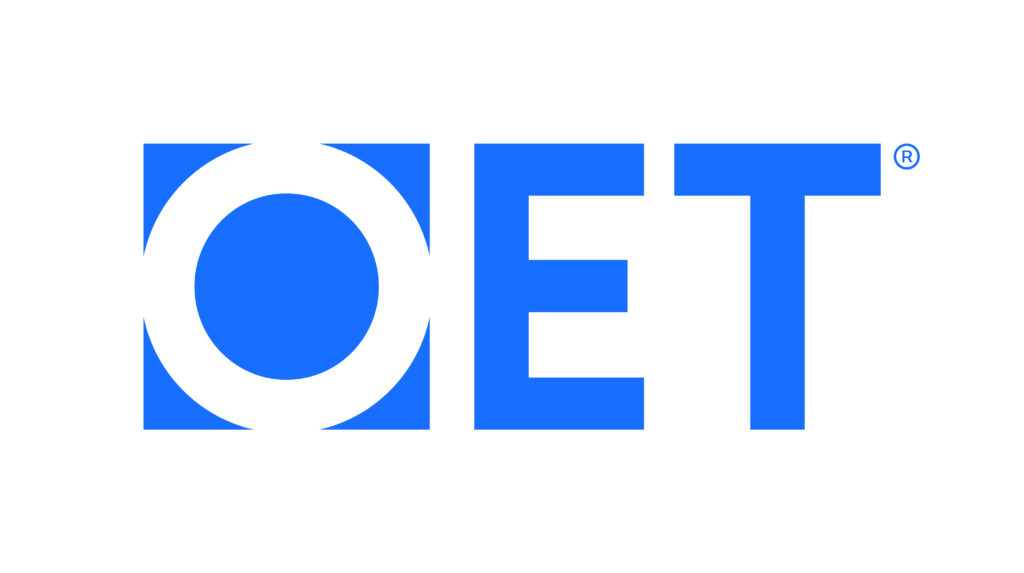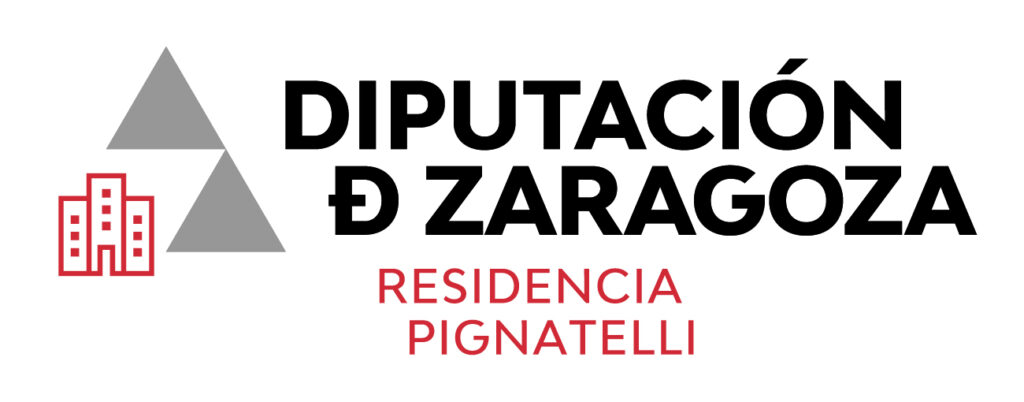Pre-conference courses and workshops
Workshops
Workshop 1: The art of feedback: engaging learners in feedback conversations for communication development
This workshop is for clinical communication educators and those considering taking on this role. Real-time verbal feedback is an important component of experiential clinical communication training. Effective feedback from both peer learners and facilitators increases inclusivity, engagement and knowledge retention, leading towards improved communication and thus patient outcomes. Nevertheless, divergent approaches to managing feedback during the live session result in varied student experiences. This is partially due to the limited research on feedback, most of which describes the feedback as a unidirectional information transmission. Although more recent studies allude to a dynamic co-constructed process to capture the requirements for active learner participation. Using the recently published ‘Feedback Kidney Model’ as a framework for our workshop, we will explore how to help learners fully engage in feedback interactions and process feedback to benefit their learning.
By the end of the workshop, participants will be able to:
- Appraise their own feedback practices.
- Critique the ‘Feedback Kidney Model’.
- Adapt the ‘Feedback Kidney Model’ for use in local contexts.
- Design and facilitate dialogic feedback in clinical communication education more effectively.
Facilitadores: Dr Shuangyu Li, Dr Katherine Miles, Dr Abdul-salam Sultan.
Date: Tuesday 10 September 0800 – 1145
Fee: £75 including lunch and refreshments
Workshop 2: Comunicacion Centrada en las Personas – taller ofrecido en Espanol (Relationship-Centered Communication foundational workshop, offered in Spanish)
ACH has offered the foundational Relationship-Centered Communication workshop in different cultures and languages around the world by certified facilitators. We have provided this curriculum in CDMX (Mexico City), San Juan PR, and would like to offer in Spanish for local participants to experience the curriculum in their home language for engaging in a culturally and linguistically congruent manner with patients, students, and colleagues. This workshop provides a critical overview of the fundamental communication skills that support effective, empathic, and equitable communication with patients and colleagues. After reviewing the essential importance of communication, the course teaches the key fundamental skill sets that all who communicate in healthcare can adopt. A substantial portion of workshop time is spent in small groups with facilitated skills practice using participants own cases of everyday communication in their work in healthcare.
By the end of the workshop, participants will be able to:
- Describe the evidence base that supports relationship-centered communication.
- Describe and demonstrate how to build rapport.
- Demonstrate how to elicit a patient’s or colleague’s agenda.
- Demonstrate how to negotiate what can be managed safely in the allocated time.
- Demonstrate how to elicit the patient’s or colleague’s perspective.
- Demonstrate how to respond with empathy.
- Demonstrate communication skills to maximize the patient’s or colleague’s understanding of a collaborative plan.
- Identify 1-2 new communication skills to implement into practice
Facilitators: ACH
Date: Tuesday 10 September 0830 – 1300
Fee: £75 including lunch and refreshments
Workshop 3: The Verona Coding of Emotional Sequences (VR-CoDES). Rapid review of the coding system and reflections emerging from its use in the literature
Since 2003, the “Verona Network on Sequence Analysis,” composed of a number of EACH members coming from eight European countries (Belgium, England, Germany, Italy, the Netherlands, Norway, Scotland, and Switzerland) and from the USA, has met to define how to analyze emotional communication in provider-patient encounters. As a result, a consensus statement was published in 2011 in PEC1,2 with a description of a new coding scheme, the Verona Coding Definitions of Emotional Sequences (VR-CoDES), followed by a conceptual paper, published in PEC in 2017, that explained the theoretical and empirical framework of Códigos VR. Since its publication, more than one hundred papers have been published by different research groups, in different healthcare settings.
By the end of the workshop, participants will be able to:
- Present an overview of the Códigos VR system;
- Demonstrate how the coding system works;
- Summarize findings from research applying the VR-CoDES
- Discuss the strengths and limitations of the VR-CoDES coding system
Facilitators: Lidia Del Piccolo, Arnstein Finset
Date: Tuesday 10 September 0800 – 1145
Fee: £75 including lunch and refreshments
Cursos
Desarrollo curricular en la enseñanza de habilidades comunicativas
tEACH Pre-Course: A two day course for Health Professional Educators
Monday 9 September – 9am to 5:30pm and
Tuesday 10 September – 8:30am -12:30pm
Maximum number of participants: 18
Led by representatives of tEACH, the teaching committee from EACH: International Association for Communication in Healthcare, this course is directed toward teachers of health professionals (for example medical students, nurses, physiotherapists, doctors) who wish to develop a new curriculum or enhance an existing curriculum. We are aware that different institutions in different countries will have varying resources in terms of available teachers, simulated patients and technology and take this into account in helping you. Course content will address developing curriculum ranging from stand-alone session(s) on a specific communication skill area (for example, basic skills, motivational interviewing, bad news telling, etc) to more comprehensive longitudinal communication curriculum for any level of learners. The course will be highly interactive and participant centered and will enable individual participants to formulate concrete plans for the future.
The focus is on how to develop a curriculum suitable to the healthcare setting the participant operates within. The course looks at what to include in the curriculum, and how to deliver and evaluate the curriculum. The course combines large group interactive sessions presenting theory and concrete steps in developing curricula with small group sessions where participants work on their individual curriculum development needs.
As a result of this workshop, participants will be able to:
- Aplicar la teoría educativa al diseño de currículos de habilidades comunicativas.
- ensure learners master an increasing range of skills and retain them over time.
- organizar el contenido básico del plan de estudios de comunicación adaptado a las necesidades de sus alumnos
- Seleccionar métodos de enseñanza apropiados para cada componente del plan de estudios.
- integrar la comunicación con otras habilidades clínicas y el resto del programa de los estudiantes
- describir cuestiones clave en la evaluación e implementación del plan de estudios de comunicación
Course facilitators include:
Dra. Anne Marie Regan is a practising clinical/ Neuro psychologist working in clinical practice in varied clinical settings for the last 30 years including Health Service Executive West, & National Disability Authority in Ireland. She an Assistant Scheme Director with the Irish College of General Practitioners GP training programme and has a lead role in overseeing the development of a national curriculum for communication skills teaching in postgraduate GP training.
Dra. Claudia Kiessling Es médico de formación con una Maestría en Salud Pública y ocupa el cargo de catedrático y profesor de Educación de Competencias Personales e Interpersonales en Atención Médica en la Universidad Witten/Herdecke, Alemania. Ha estado involucrada en la educación médica desde 1999, trabajando en varias universidades de Alemania y Suiza. Su experiencia laboral incluye el desarrollo e implementación de programas de educación médica, valoración, evaluación de programas y desarrollo docente. La experiencia docente incluye comunicación clínica, trabajo en equipo, reflexión, aprendizaje basado en problemas y metodología del trabajo científico. Sus intereses de investigación son el desarrollo de instrumentos de evaluación en el campo de la comunicación clínica (SJT, evaluación basada en el desempeño) y la evaluación de intervenciones educativas en educación médica. Es miembro de EACH desde 2006 y de TEACH desde 2011.
Marcy Rosenbaum, PhD, is Professor of Family Medicine at the University of Iowa Carver College of Medicine in the US. She is the Past-President of EACH and former co-chair of tEACH, the teaching committee of EACH. She has conducted research on and taught about clinical communication and medical education for over 30 years and oversees communication skills curriculum for students, residents and practicing clinicians. She has provided faculty development related to communication skills teaching and curriculum all over the world.
Fee
| Miembro | £315 |
| Non Member | £355 |
| Student | £195 |
Systematic Coding of Observed human Behaviour (SCOBe) in healthcare interaction
rEACH: A two day course
Monday 9 September – 9am to 5:30pm and
Tuesday 10 September – 8:30am -12:30pm
Maximum number of participants: 18
Interactions between healthcare professionals and patients are complex. Obtaining a deep understanding of such interactional dynamics is challenging for healthcare communication researchers. To unpack complex interaction and disentangle specific communication behaviours, Systematic Coding of Observed human Behavior (SCOBe) can be used. Several observer-based coding schemes are available. However, it may seem daunting to decide when observational coding is useful, how to select or adapt the appropriate coding scheme, and how to use it to answer your research questions. This course is developed to help researchers and other professionals in using SCOBe for their research.
Objetivos del Curso
The primary focus of the course will be on using systematic coding to analyse communication behaviour in medical interaction. The course will enable participants to:
- decide when (and when not) to use SCOBe
- become acquainted with various coding systems and choose the appropriate system for answering their own research question(s)
- apply a coding system through hands-on practice
- if no suitable coding schemes are available, modify existing schemes or newly develop a coding scheme
- analizar e interpretar datos
- adequately report on research using SCOBE, using newly established guidelines
- avoid common pitfalls of SCOBe.
Please note: This course does not focus on discourse analysis or conversation analysis as coding methods.
- Evaluation: This course does not involve any exam or other type of evaluation for participants. However, during the 3rd and final course day, participants present their work in progress and receive personalized feedback. Upon course completion, participants can contact the facilitators for follow-up advice.
- Indication of time investment: 32 hours in total, including the course days, preparatory work and reading.
- Who can apply: researchers of healthcare communication at any stage of their career, including PhD students, junior researchers, postdocs, and more senior researchers.
Facilitadores
Janneke Noordman, PhD; Senior Researcher ‘Communication in healthcare’; Nivel, Netherlands Institute for Health Services Research, The Netherlands. Janneke investigates patient-provider communication, with a focus on vulnerable patient groups (e.g. patient with limited health literacy, elderly). Topics include: shared decision making, participatory research, lifestyle counselling. She is an expert in observational coding and trained many researchers in this research methodology, and provides video-feedback to healthcare providers based on their real-life consultations. Janneke is the secretary of the Patient-Provider-Interaction (PPI) Network in The Netherlands and Flanders
Marij Hillen, PhD; Associate Professor ‘Medical Communication’ & Principal Educator; Amsterdam University Medical Centers, The Netherlands. Marij researches physician-patient communication, with a focus on patient trust and (communication about) uncertainty. She has led the development of an online database of coding instruments for physician-patient communication for the research committee of EACH. In her research, she has developed and used observational coding to assess communication about uncertainty and shared decision.
Fee
| Miembro | £315 |
| Non Member | £355 |
| Student | £195 |




